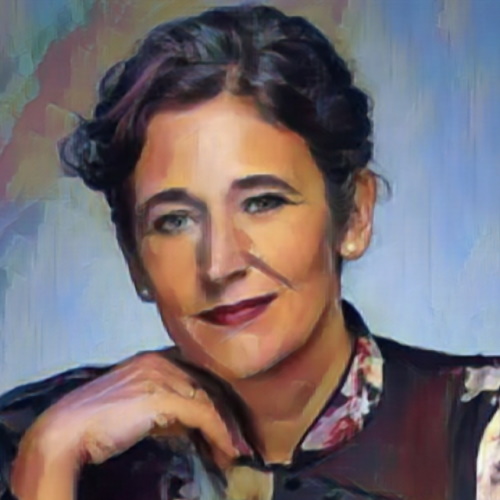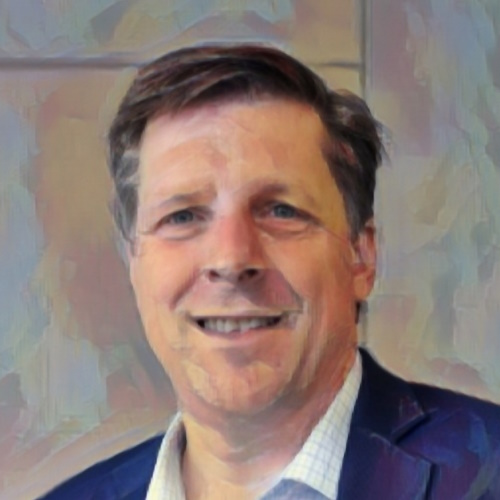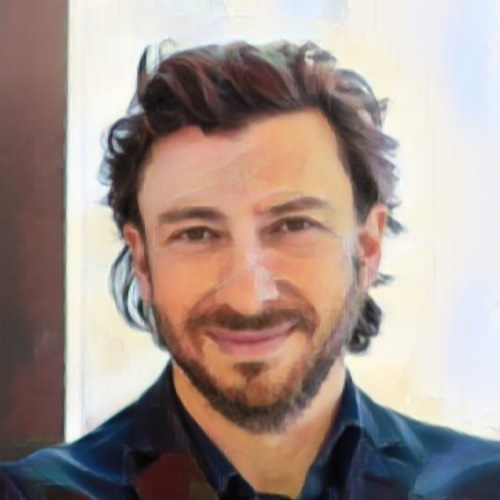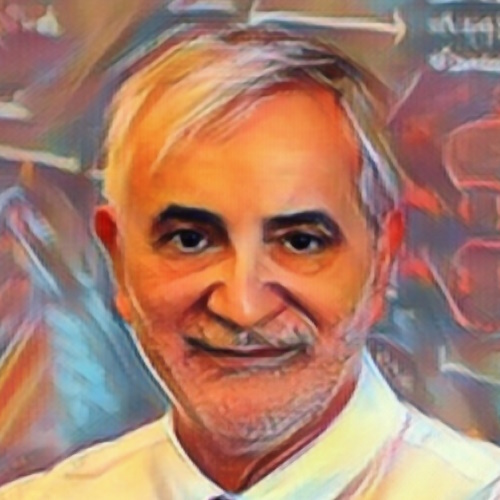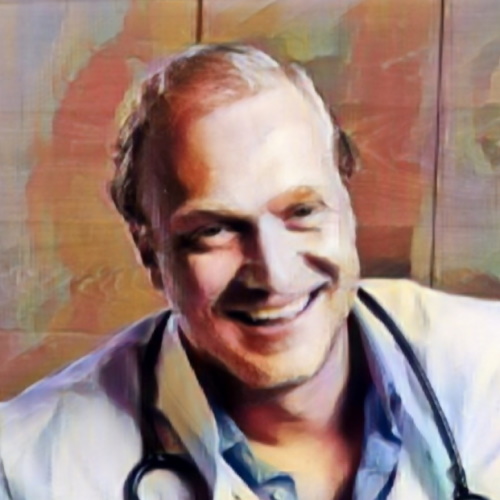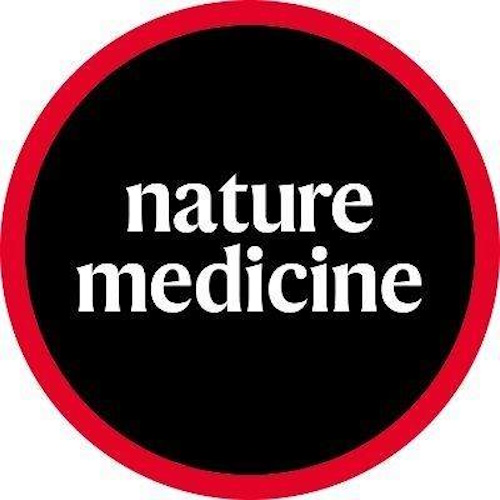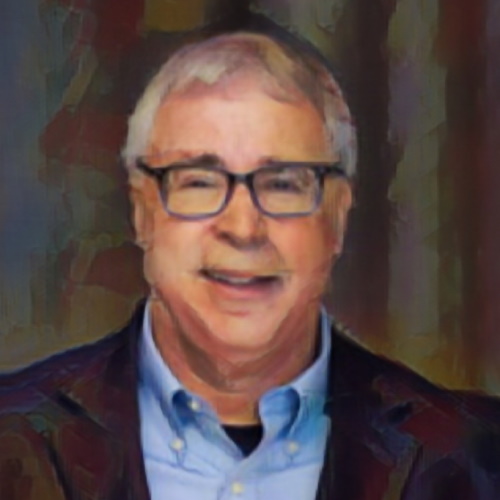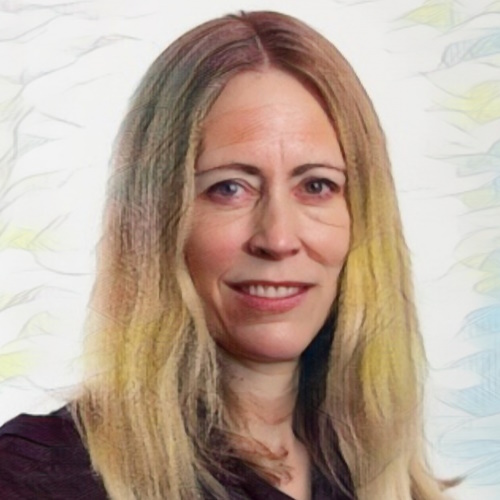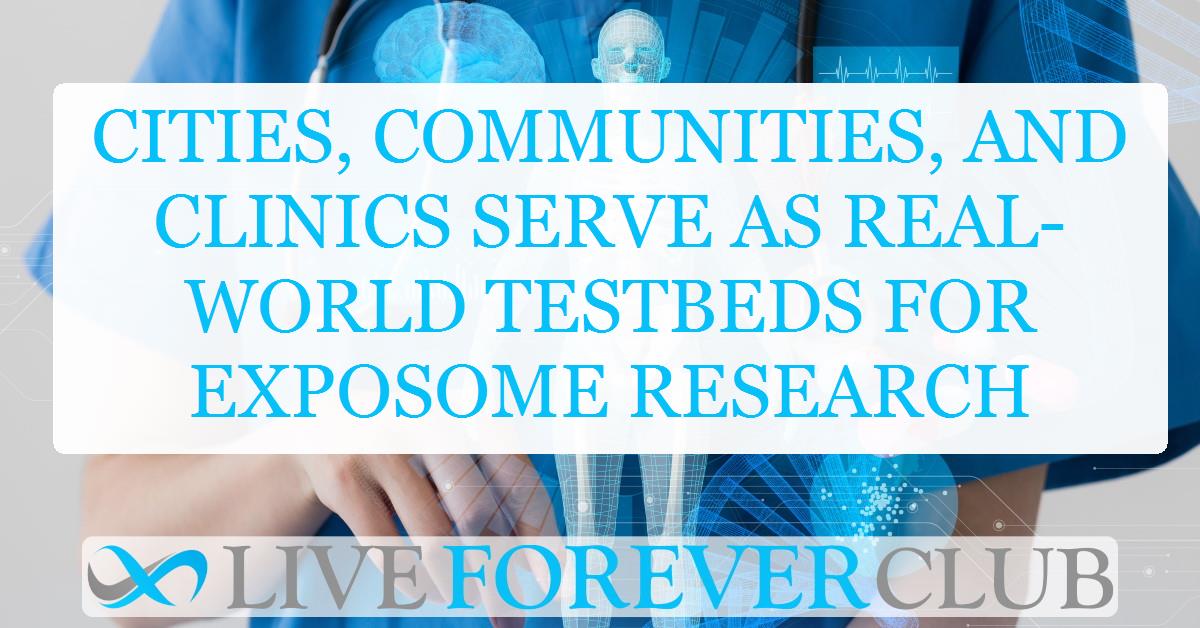Healthcare systems worldwide focus primarily on treating diseases rather than preventing them. This approach is becoming unsustainable, especially as populations age and chronic diseases increase. A shift towards prevention and population health improvement is necessary to reduce healthcare costs and enhance quality of life.
A more comprehensive understanding of health determinants is required. Beyond genetics, various environmental and lifestyle factors play significant roles in shaping health outcomes. These influences include social, psychological, behavioral, and environmental factors. The "Human Exposome Project" aims to explore how these external exposures interact with internal biology to impact ageing and disease progression.
By studying the exposome, researchers hope to gain a clearer picture of how people develop age-related conditions. This research could lead to more effective strategies for preventing diseases and promoting longevity.
Impact of Environmental Exposures on Ageing
Ageing is influenced by many factors beyond genetics. The Blueprint theory suggests that environmental triggers initiate biological changes that lead to ageing and disease. These environmental factors interact with molecular and genomic processes, altering cellular function and accelerating ageing.
"Accumulating evidence highlights the effect of environmental factors on ageing." Scientists are now using artificial intelligence and biomarkers to map these influences. AI-driven analysis of biomarkers allows for the personalization of health interventions. This enables early disease detection, targeted therapies, and continuous health monitoring.
Initiatives such as the Biomarkers of Aging Consortium and the Aging Biomarker Consortium in China are working towards a global understanding of ageing biomarkers. Expanding this work into exposomics provides an opportunity to study real-world environmental influences on health. Researchers categorize these influences into different scales: micro-level (home), exo-level (social environment), meso-level (buildings), and macro-level (neighborhoods and cities).
Exposomics: A Growing Scientific Discipline
The emerging field of exposomics seeks to identify external and internal exposures that affect health and ageing. Exposomic research integrates data from various sources, including air and water quality measurements, psychological stress levels, and dietary intake.
The goal is to develop standards, protocols, and surveillance tools that help reduce negative exposures. For example, projects like the European Human Exposome Network are working to standardize research methods. However, most current exposomic studies rely on large-scale databases and surveys rather than real-time functional exposomic data.
Understanding the exposome requires integrating internal and external factors using high-throughput techniques. This allows researchers to quantify exposures to pollutants, chemicals, microplastics, processed foods, and stressors. It also helps identify biological responses such as microbiome changes, inflammation, and oxidative stress.
To advance the field, researchers need to standardize data collection methods. These improvements will enable more precise monitoring of environmental exposures and their long-term health effects.
Cities as Living Labs for Exposomic Research
Urban environments provide an ideal setting for studying exposomic influences. Cities, clinics, and communities can function as real-world laboratories to examine how various exposures shape human health.
Several cities worldwide have already begun implementing exposomic research initiatives. The "City of Longevity" program, for example, includes Lisbon, Bergamo, Buenos Aires, and Belfast. These cities are testing strategies to enhance population health and longevity.
Buenos Aires is using digital tools to encourage preventive healthcare. The city has launched a mobile app that connects residents with primary care teams. This initiative helps shift healthcare from reactive treatment to proactive prevention. Other cities are exploring ways to monitor environmental stressors, track pollution levels, and design spaces that support mental and physical well-being.
Exposomic Initiatives Around the World
In the Netherlands, two cities are leading exposome research programs. Rotterdam's Exposome-NL initiative integrates environmental sensors with health records to assess the effects of urban living on health outcomes. Meanwhile, Utrecht’s Exposome-City program uses bicycle-based mobile monitoring to collect real-time environmental data. The program also studies the impact of urban gardening and child-specific exposure patterns.
Barcelona is home to the Exposome Research Hub, which investigates how urban environments influence public health. Researchers at the Barcelona Institute for Global Health (ISGlobal) are tracking exposure to pollutants, green spaces, and stressors using geospatial data, sensors, and surveys. Studies from this initiative have linked air pollution and limited access to green spaces with higher rates of respiratory and cardiovascular diseases.
Other exposomic research projects include the EXPOsOMICS initiative in London, which analyzes the combined effects of air pollution, physical activity, and urban infrastructure on chronic diseases.
Leveraging Technology for Open Science
The integration of AI and machine learning is transforming exposome research. Open collaboration platforms allow scientists to analyze large-scale datasets and predict health trends. These platforms also facilitate early disease detection by identifying meaningful biomarkers.
"Extending the use of such technology to capture, analyze and link individual data outside the medical record to show how external exposures that people experience across their lifetime affects their health will be an important leap forward in understanding the effects of the exposome at an aggregated, population health level, and is the basis of the Human Exposome Project."
One major challenge in exposomic research is the secure sharing of health data. Regulatory changes are needed to ensure that personal health data can be accessed safely. India’s national health ID system provides a useful example. It allows citizens to store and share their health information with healthcare providers securely. Similar approaches could enhance exposome research by enabling long-term health tracking.
The Future of Exposomic Research
The exposome concept is gaining global recognition. Researchers are beginning to understand the complex relationship between environmental exposures and human health. By leveraging cities, clinics, and communities as research testbeds, scientists can refine their understanding of how external factors shape ageing and disease.
Future advancements in exposomics could lead to new public health policies and urban planning strategies. Cities could be designed to minimize negative environmental exposures and enhance well-being. Open data initiatives and AI-driven analysis will further accelerate discoveries in this field.
With continued innovation, exposomic research has the potential to transform healthcare. By shifting from disease treatment to prevention, society can move towards a future where people live longer, healthier lives.
The study is published in the journal Nature Medicine.
Authors and Affiliations
Tina Woods – Collider Health, London, UK; International Institute of Longevity (IIOL), Warsaw, Poland
Nic Palmarini – City of Longevity, National Innovation Centre for Ageing, University of Newcastle, Newcastle, UK
Lynne Corner – VOICE, National Innovation Centre for Ageing, University of Newcastle, Newcastle, UK
Nir Barzilai – Institute for Aging Research, Albert Einstein College of Medicine, Bronx, NY, USA; Academy of Health & Lifespan Research (AHLR), Boston, MA, USA
Andrea B. Maier –
- NUS Academy for Healthy Longevity, Yong Loo Lin School of Medicine, National University of Singapore, Singapore
- The Department of Human Movement Sciences, Faculty of Behavioural and Movement Sciences, Vrije Universiteit Amsterdam, Amsterdam, Netherlands
Michael Sagner – Ageing Research at King’s, Faculty of Life Sciences & Medicine, King’s College London, London, UK
Joanna Bensz – International Institute of Longevity (IIOL), Warsaw, Poland; Longevity Centre Europe, Warsaw, Poland
Alexey Strygin – Viva City, San Francisco, USA
Nikhil Yadala – Healome One, San Francisco, CA, USA
Carina Kern – LinkGevity, Babraham Research Campus, Cambridge, UK
Peter Ward – Humanity Inc., Boston, MA, USA
Luigi Ferrucci – Intramural Research Program, National Institute on Aging, National Institutes of Health, Baltimore, MD, USA
Evelyne Yehudit Bischof – Shanghai University of Medicine and Health Sciences, Shanghai, China
Richard Barker – Precision Population Health, King’s College London, London, UK
Paul G. Shiels – Glasgow Geroscience Group, School of Molecular Biosciences, University of Glasgow, Glasgow, UK
Gerome Guiot – International Institute of Longevity (IIOL), Warsaw, Poland
Jennifer Monti – Roux Institute, Northeastern University, Portland, ME, USA
Jamie Justice – XPRIZE Foundation, Culver City, CA, USA; Wake Forest University School of Medicine, Winston-Salem, NC, USA
Brian K. Kennedy –
Healthy Longevity Translational Research Programme, Yong Loo Lin School of Medicine, National University of Singapore, Singapore
Department of Biochemistry and Physiology, Yong Loo Lin School of Medicine, National University of Singapore, Singapore
David Furman –
Stanford 1000 Immunomes Project, Stanford University School of Medicine, Palo Alto, CA, USA
Buck Institute for Research on Aging, Novato, CA, USA
